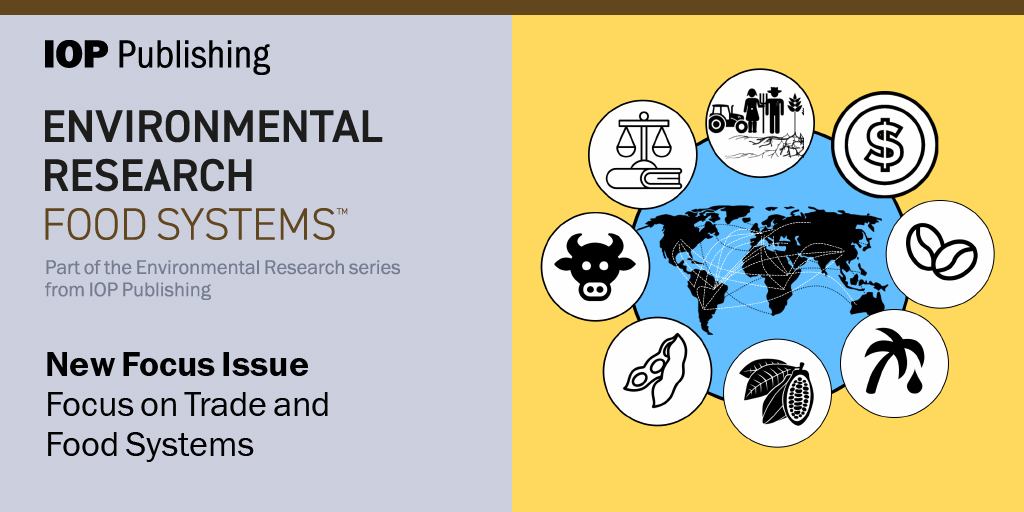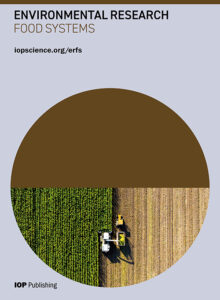ERFS特刊征稿Focus on Trade and Food Systems

特刊详情
客座编辑
- Nelson Villoria,美国堪萨斯州立大学
- Megan Konar,美国伊利诺伊大学厄巴纳-香槟分校
- Aline Soterroni,英国牛津大学
主题范围
International trade underlies an increasingly globalized food system. Trade stabilizes food supplies by mitigating local shortages and crop failures. Trade drives economic growth through agricultural exports and access to better inputs. Specialization and comparative advantage encourage more efficient food production, while knowledge and technology transfer facilitate sustainable practices. However, concerns about the safety of imported foods can arise, and overreliance on trade may increase the vulnerability of domestic markets to foreign supply disruptions. Trade can deepen economic inequality if it contributes to unemployment by displacing domestic production. Environmental concerns, including long-distance transportation and unsustainable farming, may result in ecological issues. Market access barriers may limit opportunities for some nations, and inequitable trade agreements can favor larger economies, harming local industries. This focus issue will cover recent developments and challenges in the field of international trade as it relates to food products, including but not limited to:
- Trade policies to achieve climate mitigation objectives (e.g., zero-deforestation regulations, border tax adjustment mechanisms).
- Private-sector initiatives, including sustainability standards and commitments and the tradeoffs between equity concerns and sustainable practices.
- Invasive species and the effects on international trade.
- Trade and natural resources: water, land, and Biodiversity.
- Trade and supply chain resilience.
投稿流程
特刊文章与ERFS期刊常规文章遵循相同的审稿流程和内容标准,并采用同样的投稿模式。
有关准备文章及投稿的详细信息,可以参阅IOPscience页面的作者指南。
作者可登入期刊主页进行在线投稿,先选择“文章类型”,然后在“选择特刊”的下拉框中选择“Focus on Trade and Food Systems”。
投稿截止日期:2024年12月31日。
期刊介绍

- Environmental Research: Food Systems是一本多学科、开放获取的期刊,致力于解决可持续食品系统的科学问题,并在影响/未来风险、复原力、环境减缓、环境适应、环境安全和最广泛意义上的解决方案方面进行努力。
